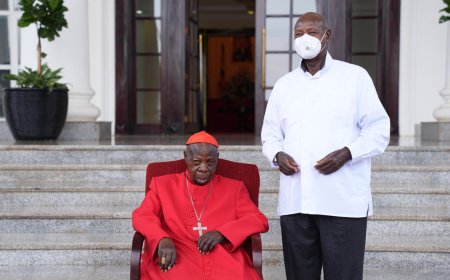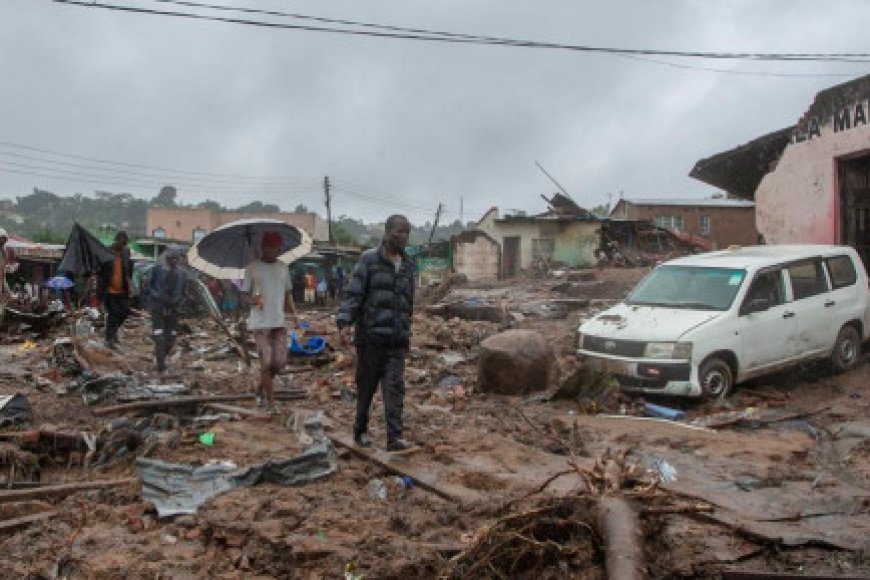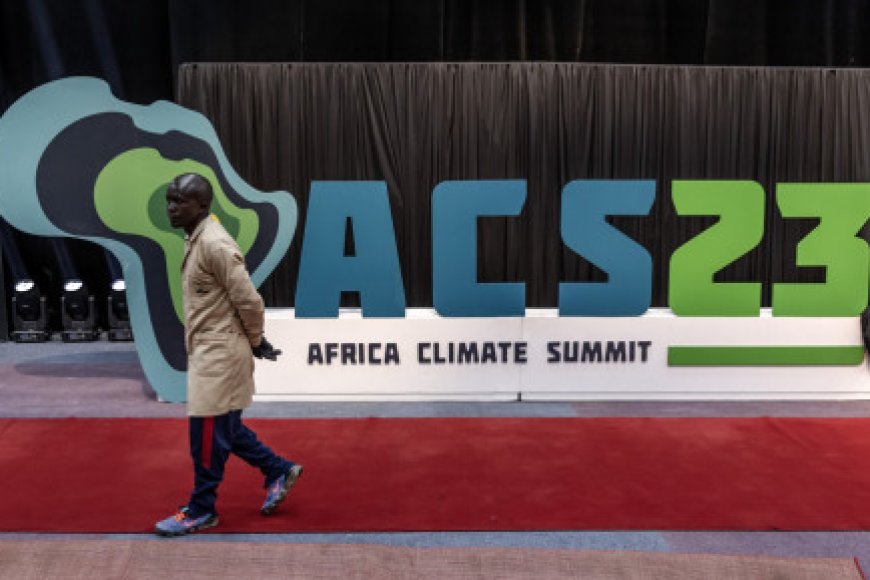Climate Change in Uganda is Caused by Oil Extraction among other Concerns - 7th Citizens Convention on Extractives 2024.
The 7th Citizens convention on the extractive (CCE) industry has commenced in kampala with a focus on Energy Transition Agenda at Imperial Royale Hotel. Where it has targeted to bring together over 200 extractive industry sector players drawn from Civil Society Organizations, Government Ministries, Departments and Agencies, academia, oil companies, the private sector, Artisanal and Small-Scale Miners (ASMs), oil and gas host communities, citizens, Development Partners, and the media from across the globe.
The CCE, seeks to create a platform for key sector players to engage in meaningful discussions and dialogue on the pathways to a cross-generational and equitable energy transition in Africa, advocate for policies and practices that ensure responsible management of extractive resources, emphasizing transparency, accountability, and equitable distribution of benefits to enhance community development and environmental protection.
To highlight and integrate the perspectives of women, youth, and marginalized communities in the energy transition discourse, ensuring their needs and contributions are recognized and valued in policy and decision-making processes, to also Present and discuss innovative technologies and sustainable practices that can drive the energy transition, with a focus on renewable energy, and community-led initiatives that support long-term sustainability and resilience.

Another goal is to strengthen global, regional and national partnerships to support Africa's efforts towards a sustainable energy future and responsible resource management.
Ms. Winfred Ngabiirwe the Executibe Director Global Rights Alert, mentioned that Climate change impacts in Uganda and oil production is where Climate change in Uganda is caused by oil extraction, with concerns about emissions, pipeline, and access to cleaner energy.
In her argument, she notes how the primary cause of climate change in Uganda, emphasizing that it is not oil but rather other factors. Highlighting that global oil production contributes significantly to greenhouse gas emissions, prompting a query on investment in technologies to reduce carbon emissions.
The accessibility and investment in cleaner energy sources like solar power for Uganda are also discussed, where concerns about oil extraction and production, including environmental impacts and the lack of a proper plan, are raised,Ngabiirwe said.
Energy Transition and Fossil Fuel Alternatives as a concept of an Energy Transition Plan is needed, emphasizing the need to understand contributions and transition stages. The transition is not just from fossil fuels but also from wood, charcoal, and briquettes, as a significant portion of the population relies on firewood for cooking.

“The argument is made that money from oil should be used to transition away from harmful energy sources, the cost of environmental destruction from cutting forests is compared to the financial benefits of transitioning away from oil.”
She however, called for a shift in the debate from using oil resources for transition to understanding the real causes of climate change in Uganda. Stressing that the discussion identifies agriculture, construction, and industrialization as significant contributors to climate change. Therefore emphasis is placed on the need for government entities and ministries responsible for these sectors to contribute to mitigating the climate crisis for example by focusing solely on oil, the conversation is argued to be misdirected, and a broader approach is advocated for.
About responsibilities and mitigation measures, she indicated that oil is not the primary cause of the climate crisis in Uganda but rather a risk factor. The importance of understanding the root causes of climate change and addressing them before oil production is highlighted, and the role of oil companies and mining companies in mitigating environmental and climate crises is discussed today with need for these companies to fund mitigation measures, and a call for clear plans and adherence to environmental standards.
































































































































